Description
MOTU AVB Switch
Audio Video Bridging (AVB) is the IEEE 802.1 extension to Ethernet specifically engineered for real-time, low-latency, fully synchronized audio and video streaming over Ethernet. AVB fulfills the promise of a true A/V standard that combines networking technology and professional audio/video.
IEEE 802.1 compliant AVB networking
Use the MOTU AVB Switch for all your AVB needs
The MOTU AVB Switch™ allows you to quickly and easily build an AVB-compliant Ethernet network for audio (and video), with six 1‑Gigabit AVB ports for any AVB devices (even other switches) and support for standard Ethernet operation on the same network. Enjoy the many benefits of AVB, including plug-and-play operation, guaranteed quality of service, and self-regulated network resource management.
Plug-and-play operation
You don’t need to be an IT professional
Connect MOTU AVB devices with standard shielded CAT-5e or CAT-6 cables and go. The MOTU AVB Switch supports automatic device discovery and network bandwidth management among connected AVB devices. No IT expertise is required.
Standard cabling
No special wires required
Use standard CAT-5e or CAT-6 Ethernet cables up to 100 meters long between the MOTU AVB Switch and other AVB devices or switches.
1-Gigabit operation
Take full advantage of AVB’s highest bandwidth
1-Gigabit operation means you make the most of what AVB has to offer, with very high audio channel counts and very low network latency.
Guaranteed Quality of Service (QoS)
AVB is designed for uninterrupted audio and video streaming
In an AVB Ethernet network, all existing audio and video streams are maintained, regardless of other network traffic.
Network-wide clock and sync
Precise universal sync among all connected devices
AVB provides a network-wide time base for better-than-sample-accurate phase lock across all connected devices. Timing accuracy is down to the nanosecond. In a MOTU AVB system, network-wide sync can be established with one click.
Support for standard Ethernet
Enjoy standard Ethernet for Wi-Fi and Internet access
An AVB network fully supports standard ethernet, for connecting standard ethernet devices like the Apple AirPort® or other Wi-Fi routers, Ethernet hubs, and even entire Ethernet networks in your home, office, or studio. All ports on the MOTU AVB Switch support standard Ethernet devices. You can also designate any port for non-AVB operation if needed.
High capacity with flexible topology
Think big when building your network
Theoretically, you could connect up to 150 MOTU AVB devices using 37 MOTU AVB switches. You can run as many as 512 AVB audio streams across the network simultaneously. That’s 4,096 audio channels with 8-channel streams or 8,192 channels with 16-channel streams. Please note: your network performance may vary, depending on the specific topology, devices connected, and other factors.
Technical Specifications
| Supported protocols | gPTP – 802.1AS MVRP – 802.1Q (VLAN 2 only) MSRP – 802.1Q (Class A and B) |
|---|---|
| AVB ports | 6 |
| Ethernet ports | 6 |
| Operational bandwidth | 10 / 100 / 1 Gigabit |
| Power | 12-18V DC • 0.5A • tip positive |
| Dimensions | Length: 5.75 in / 14.6 cm Width: 3.6 in / 9.1 cm Height: 1.25 in / 3.2 cm |
MOTU AVB Switch Feature Summary
| Standard AVB switch | Industry-standard IEEE 802.1 AVB Ethernet switch. |
|---|---|
| Plug-and-play | Supports automatic device discovery and network bandwidth management among connected AVB devices. No IT expertise required. |
| Standard cabling | Use standard CAT-5e or CAT-6 Ethernet cables up to 100 meters. |
| 1-Gigabit operation | Supports high audio channel counts and very low latency. |
| Guaranteed quality of service | All existing audio and video streams are maintained, regardless of other network traffic. |
| Unified clocking and sync | Network-wide clock and sync accurate to nanoseconds. |
| Support for Ethernet | Bridging to standard Ethernet for internet and Wi-Fi. Also allows individual ports to be configured as non-AVB. |
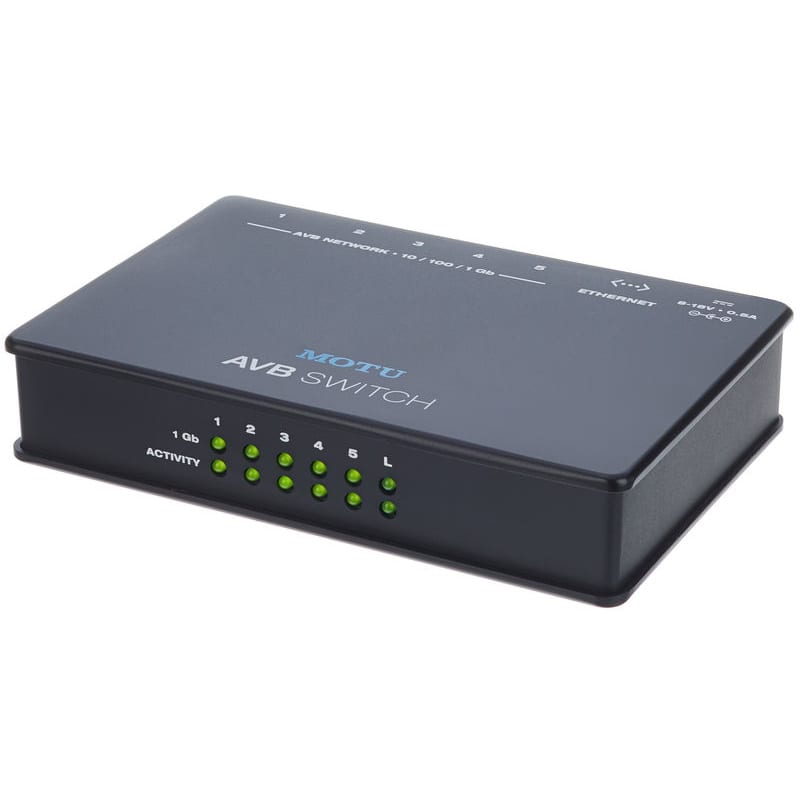
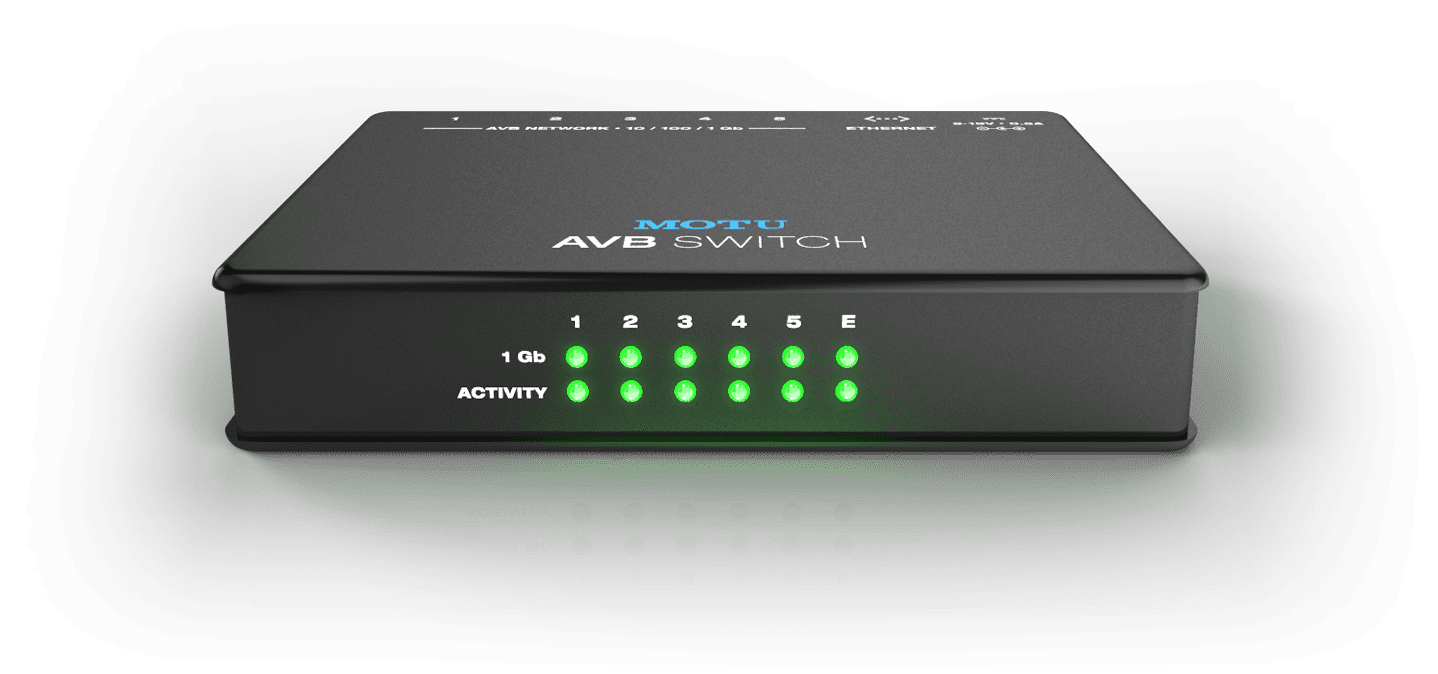
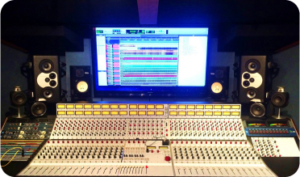



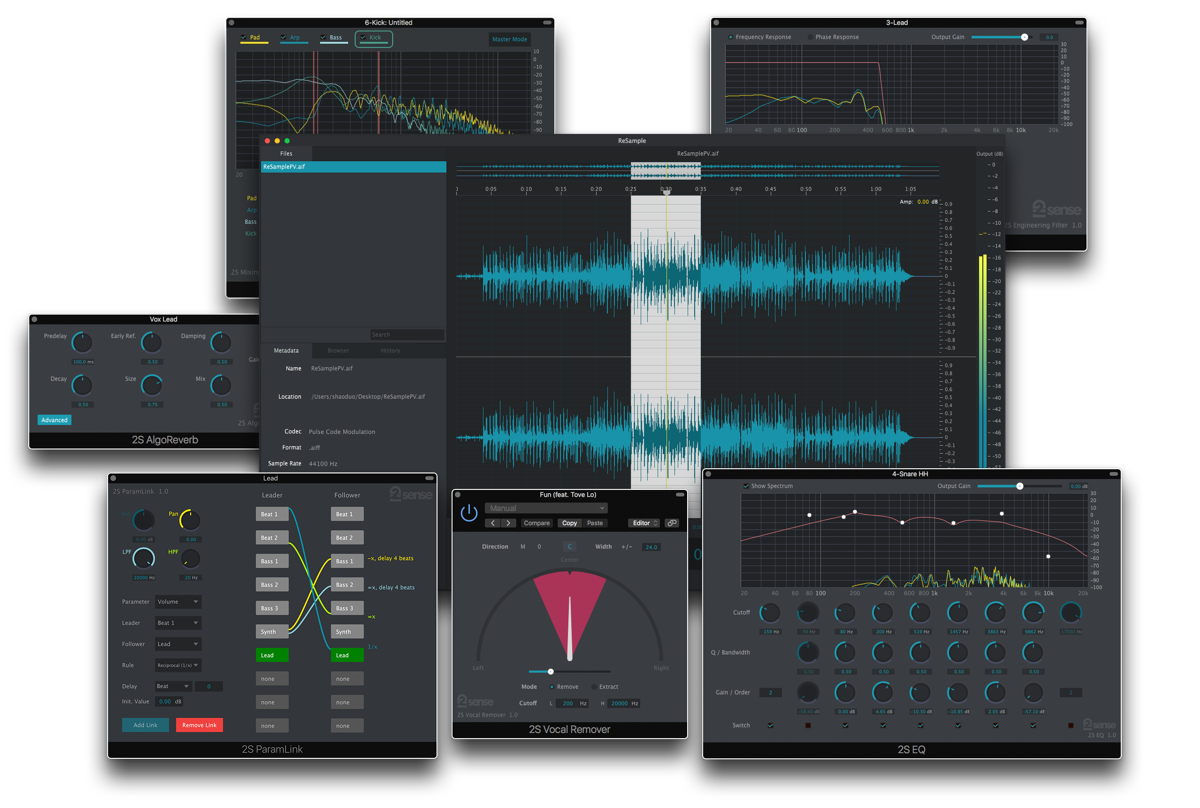
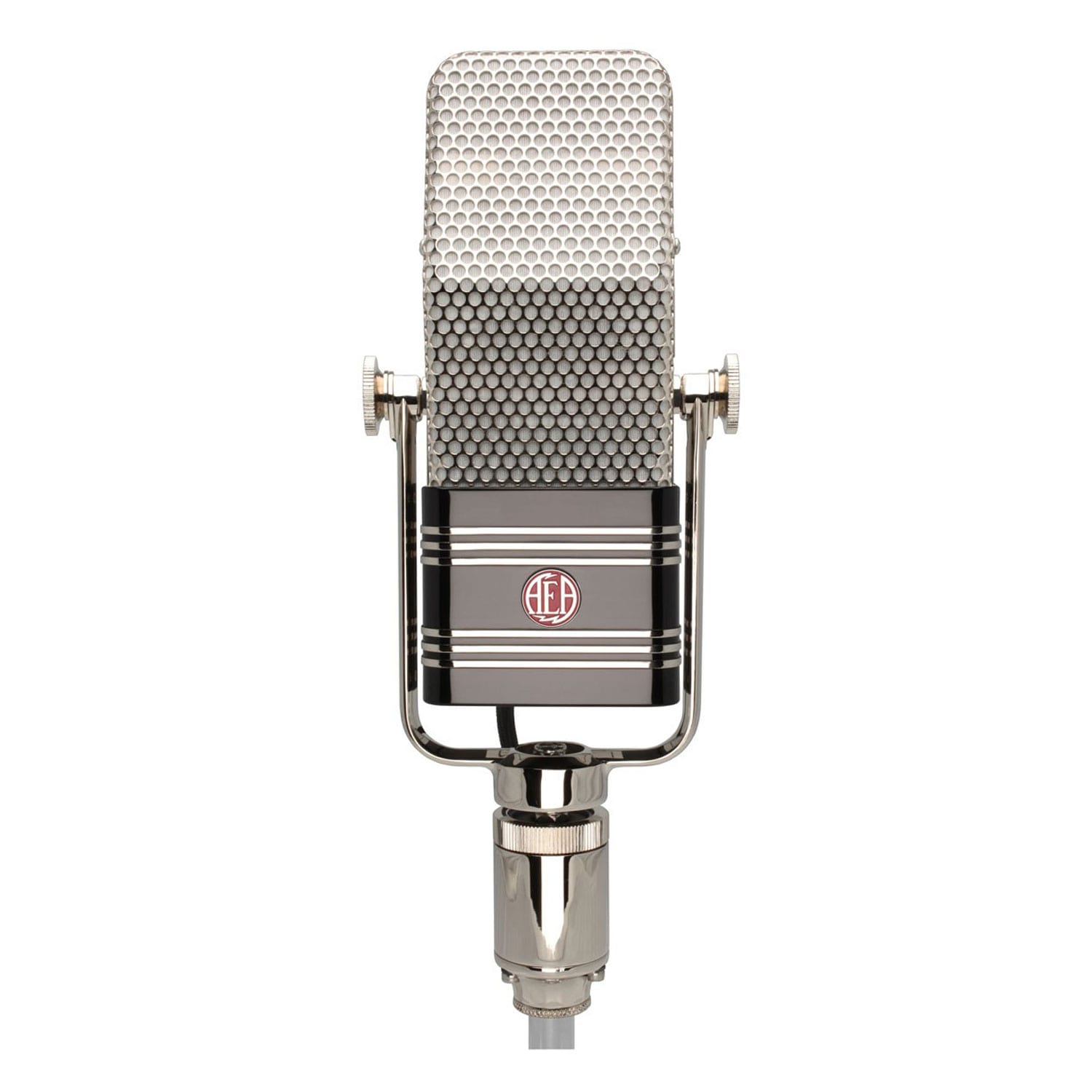
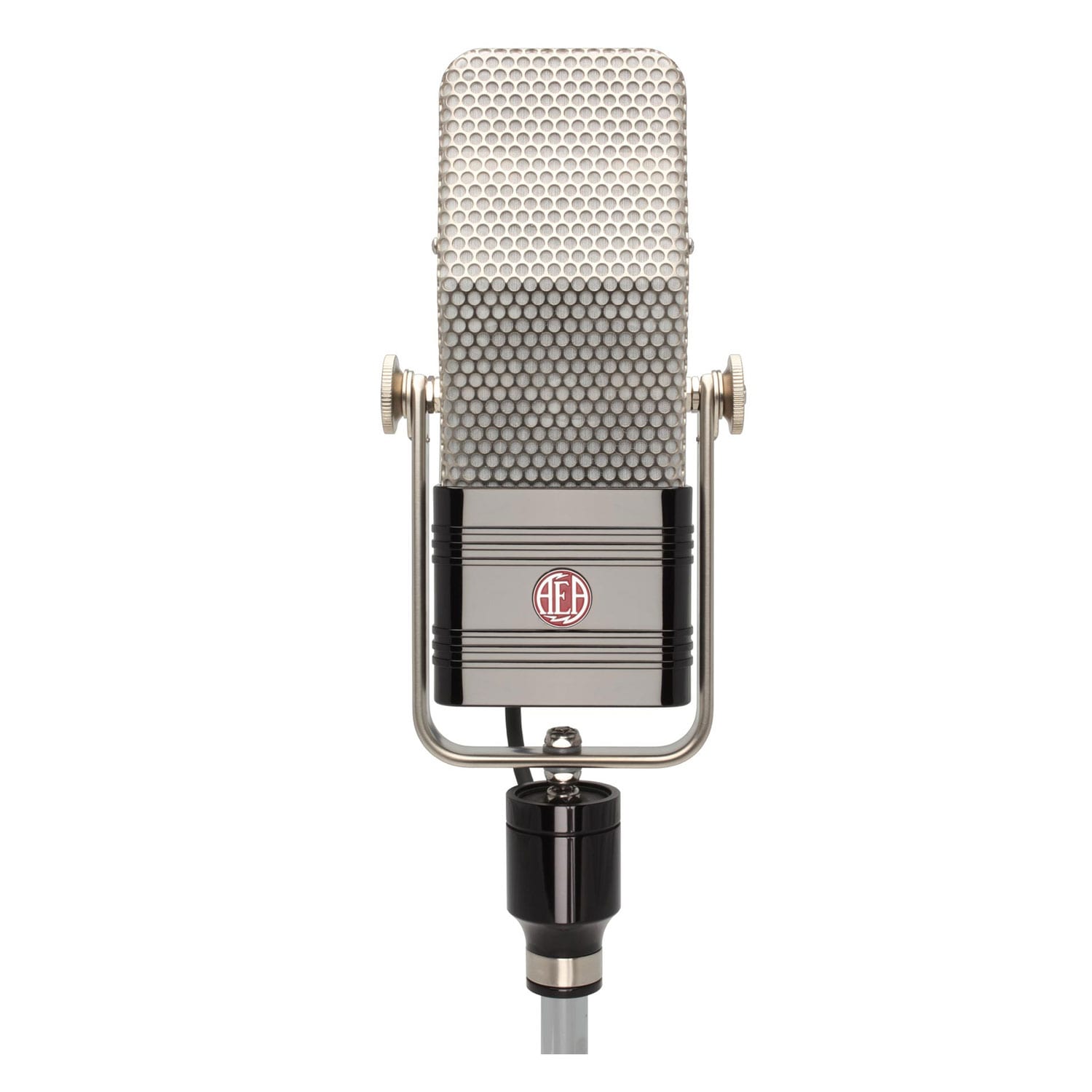
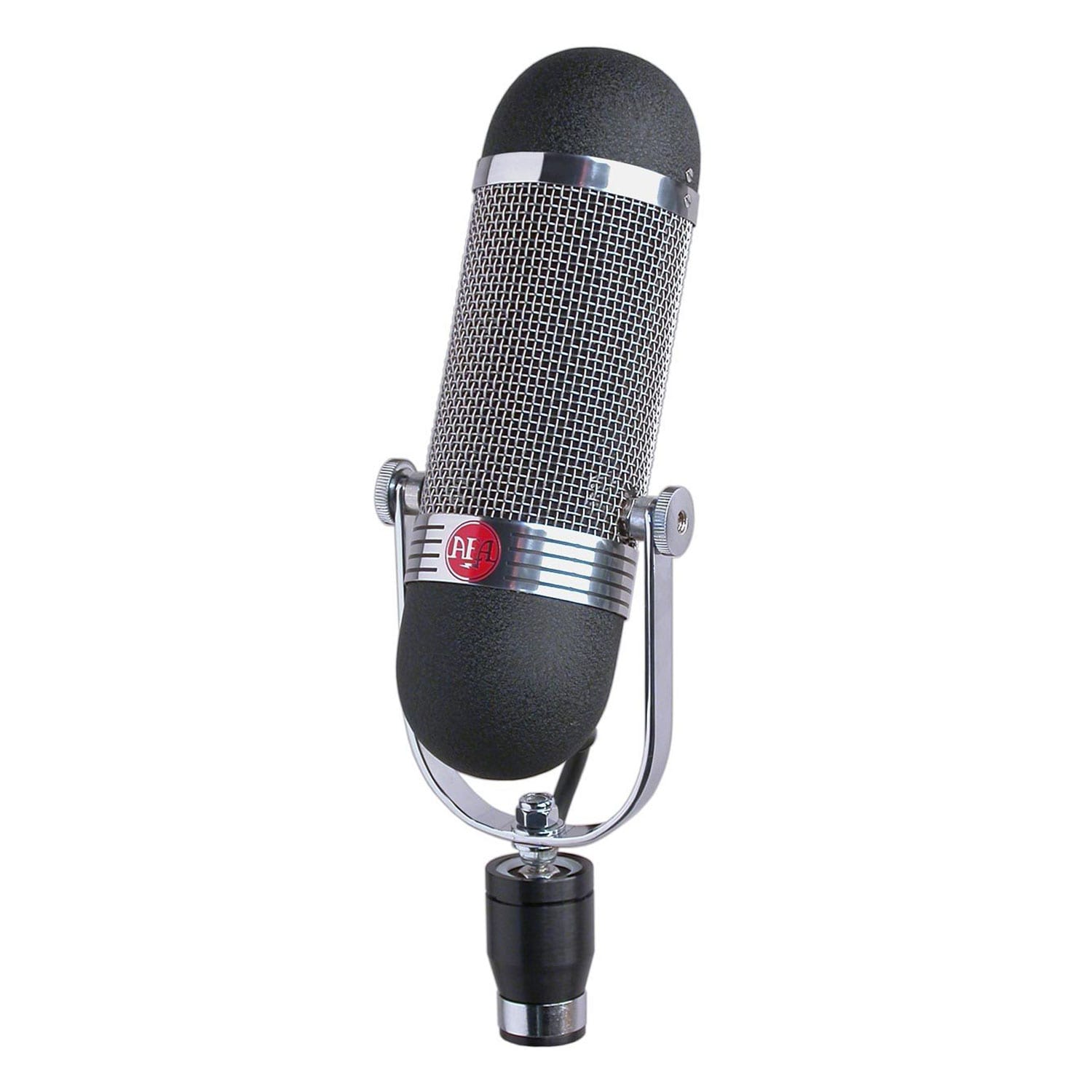
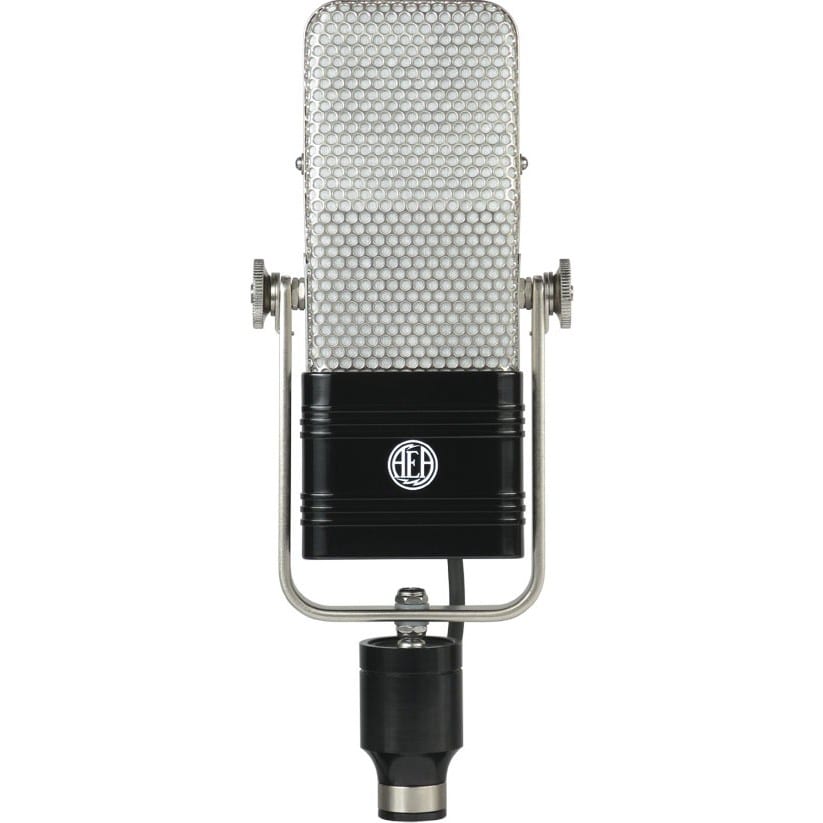
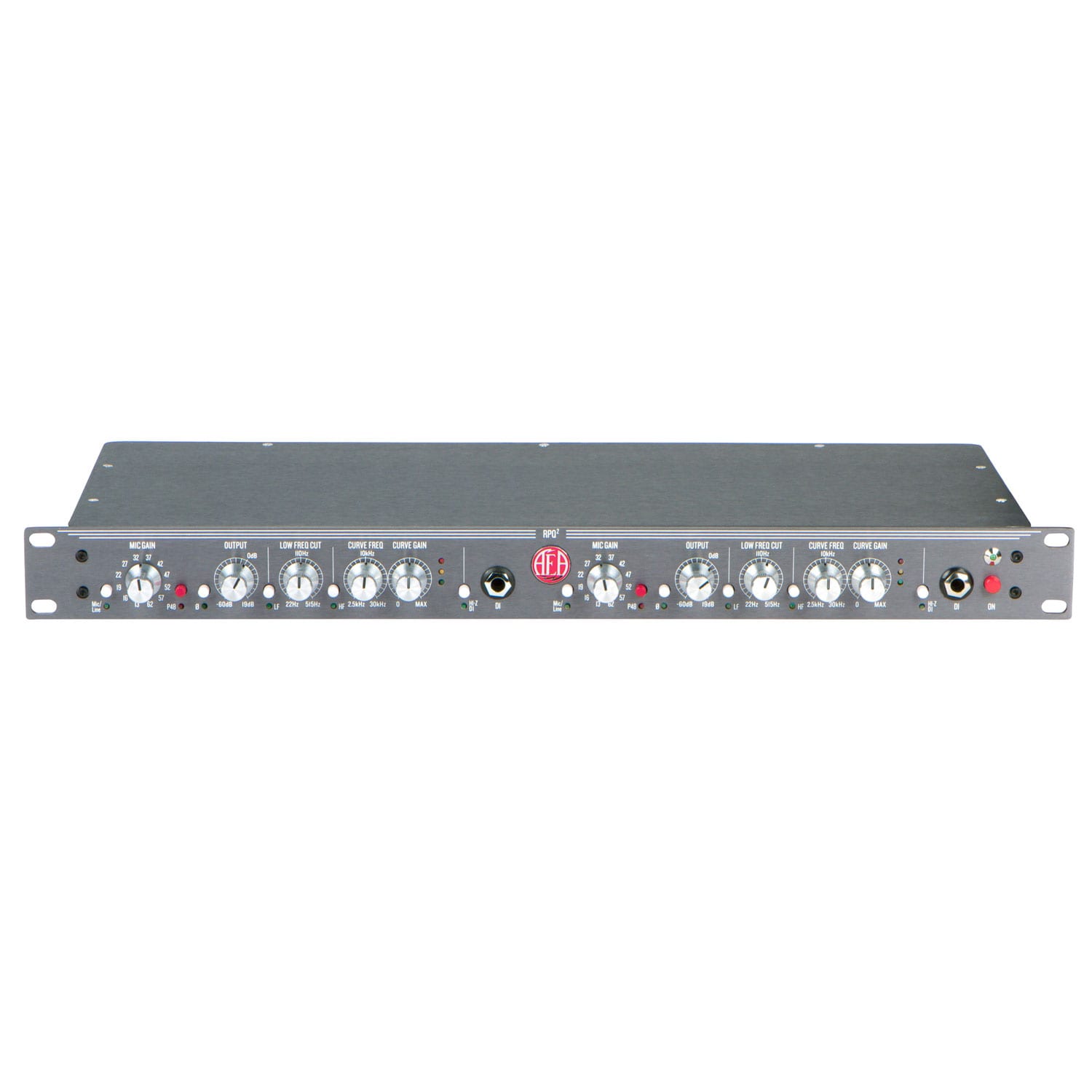
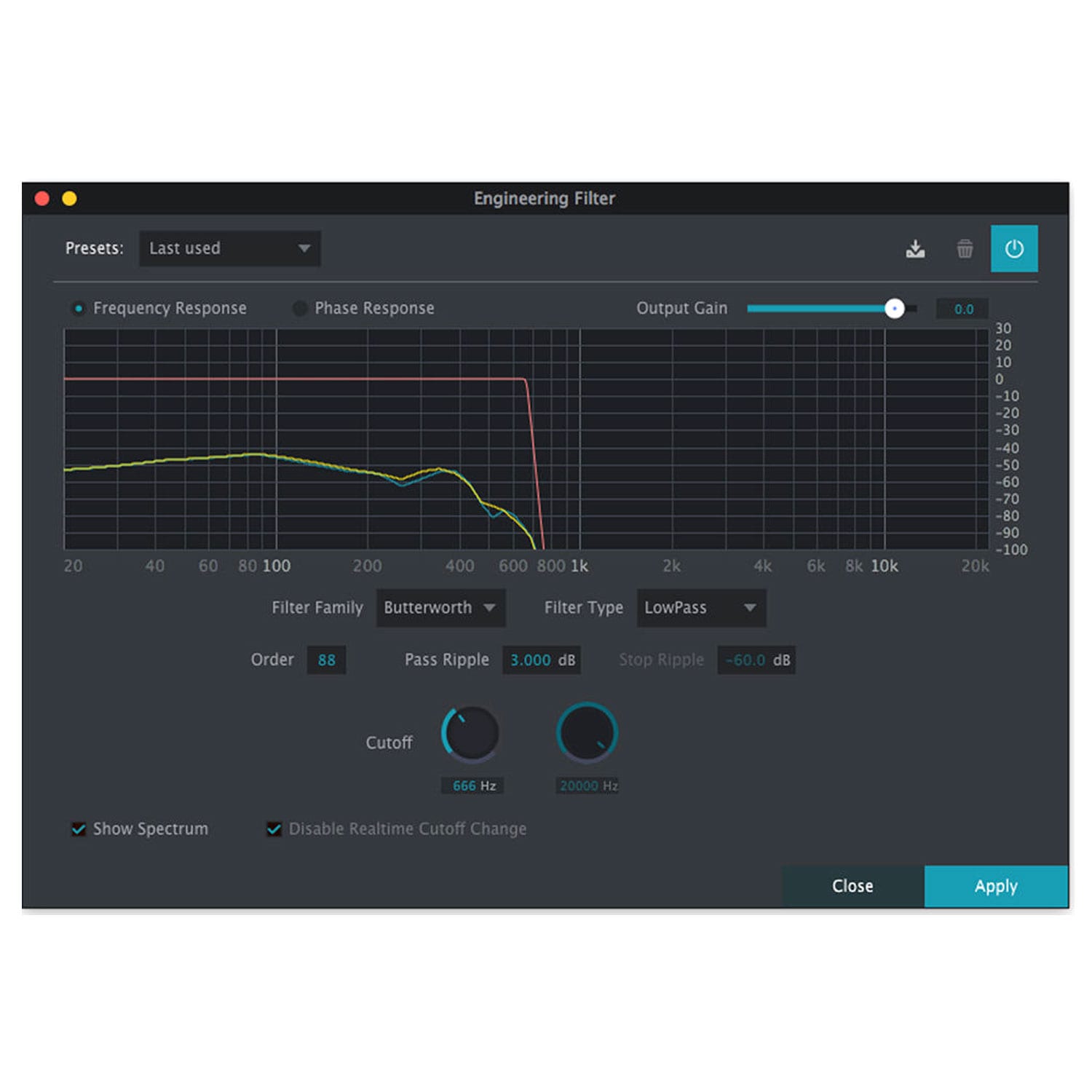
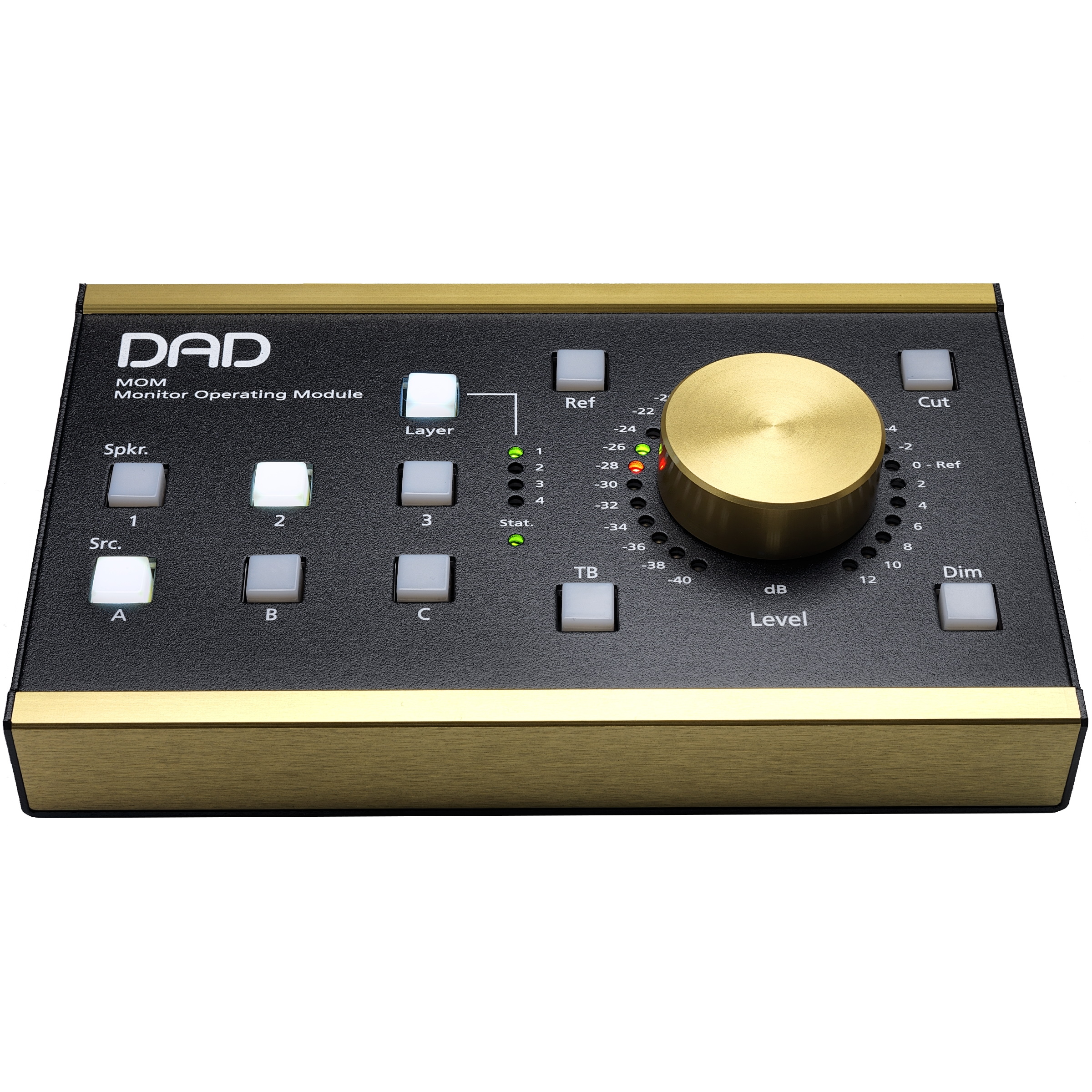
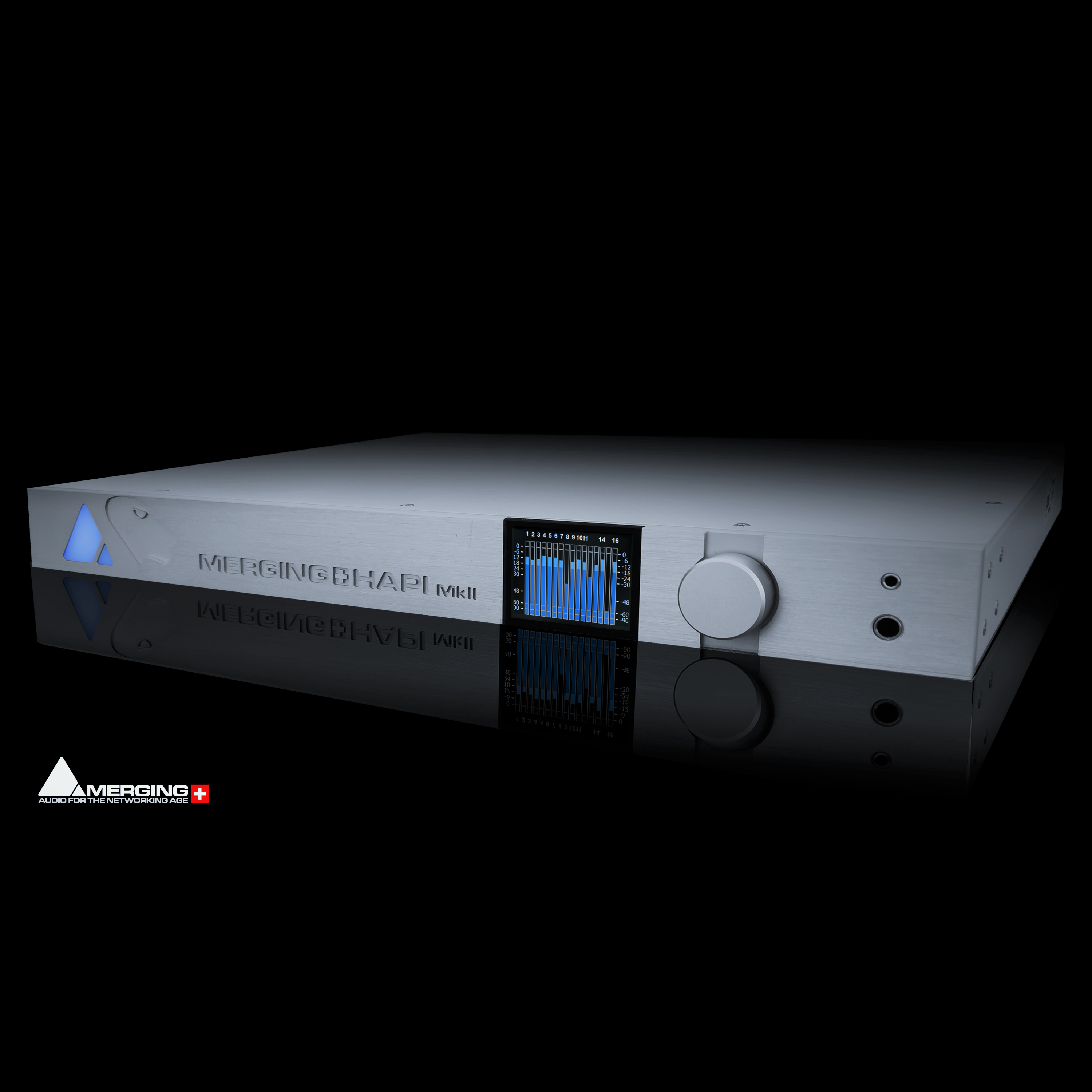
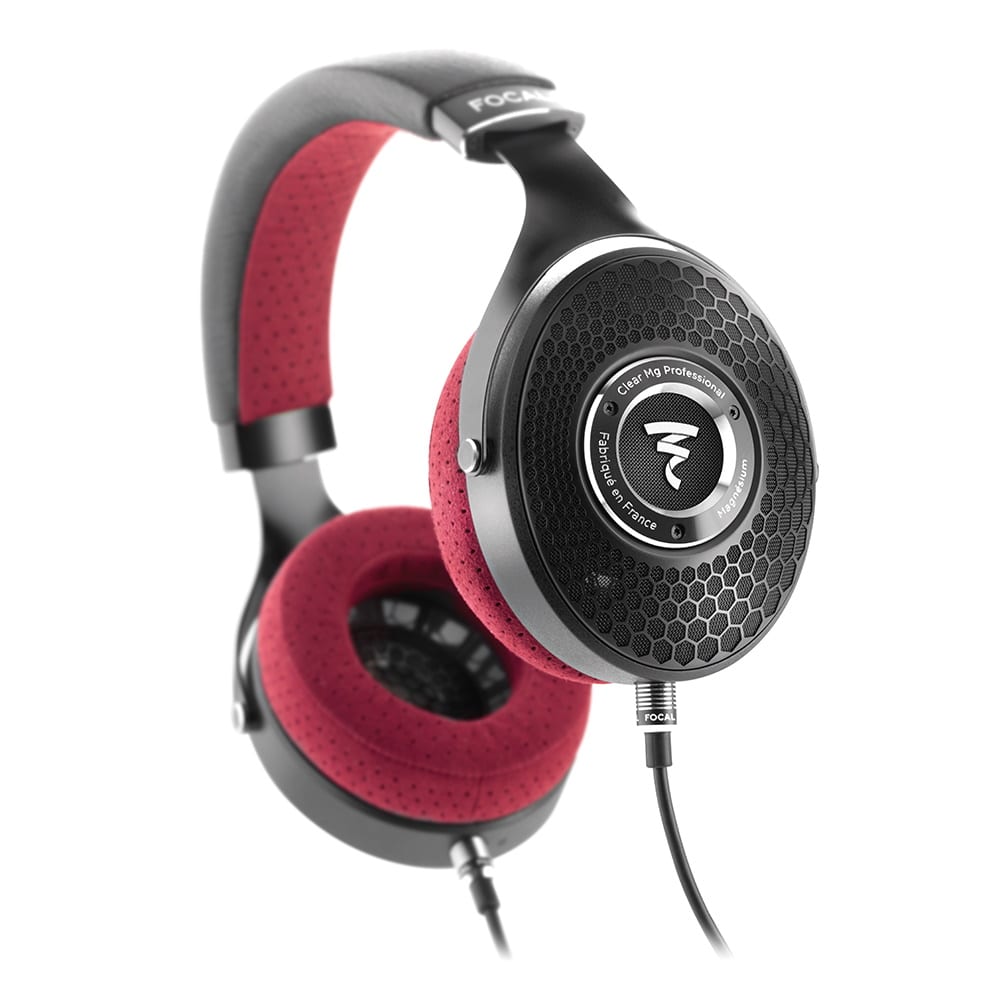
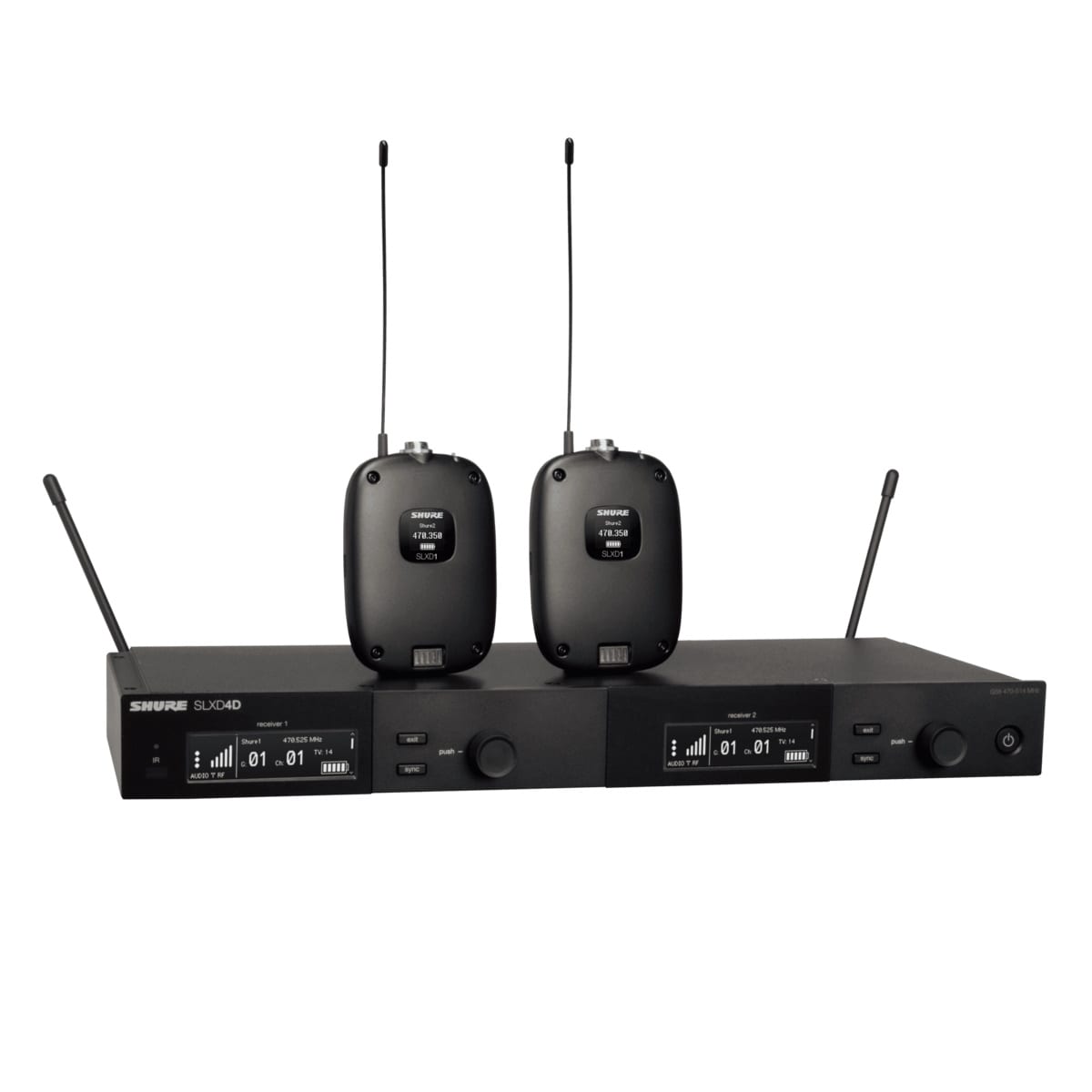
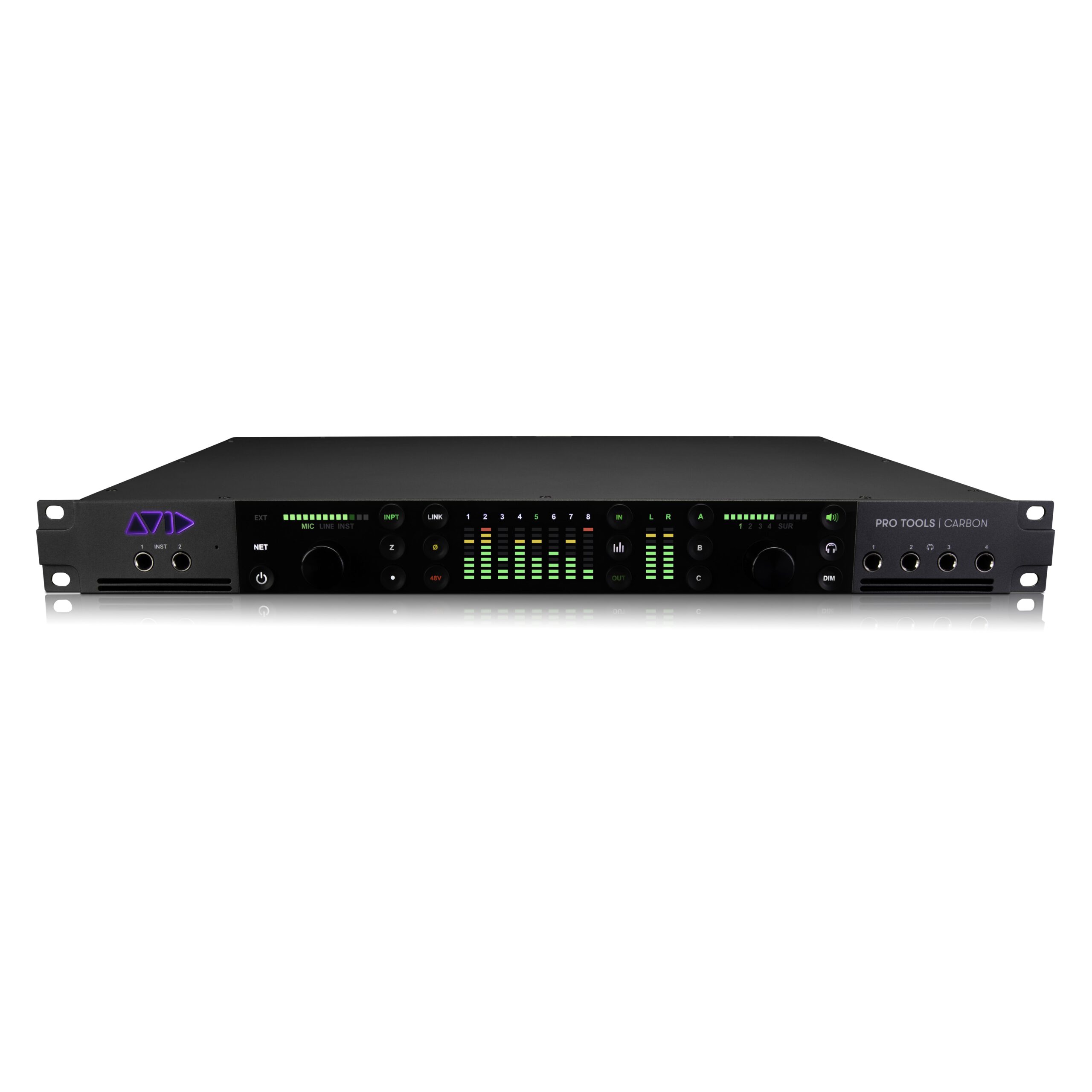
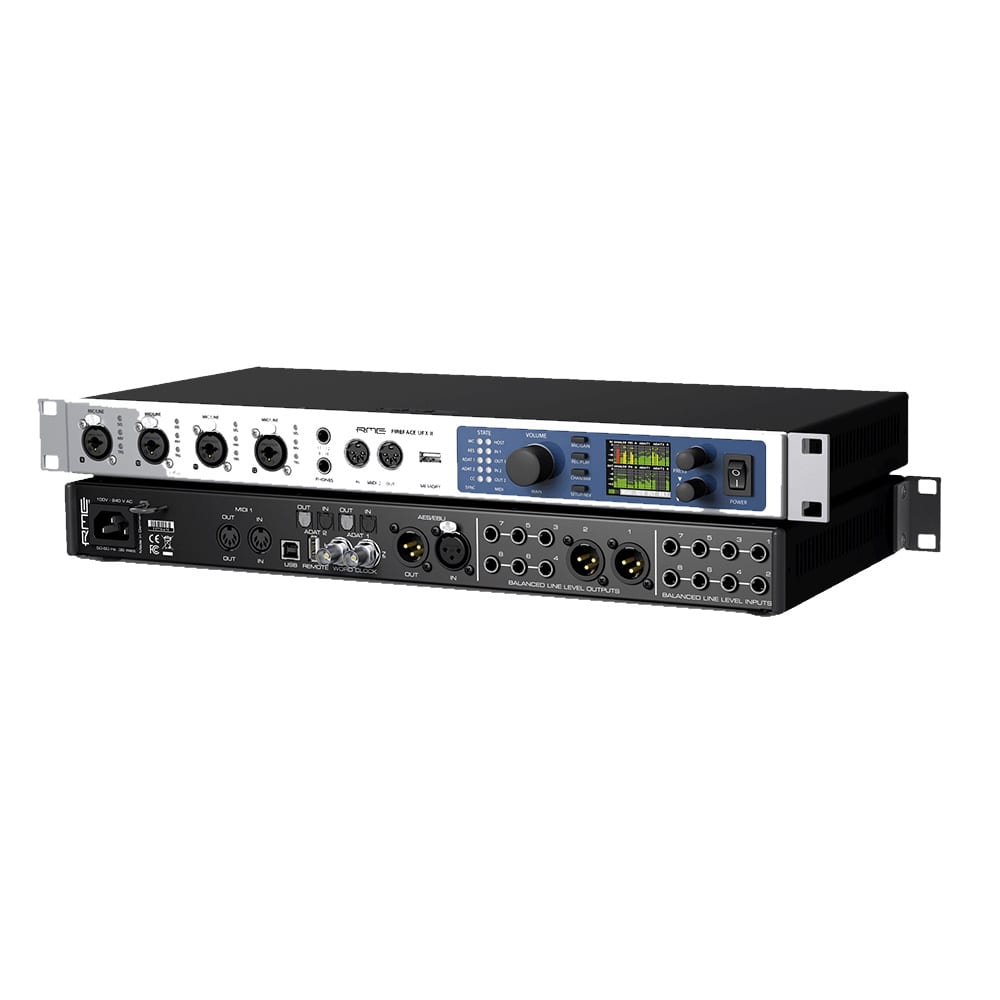
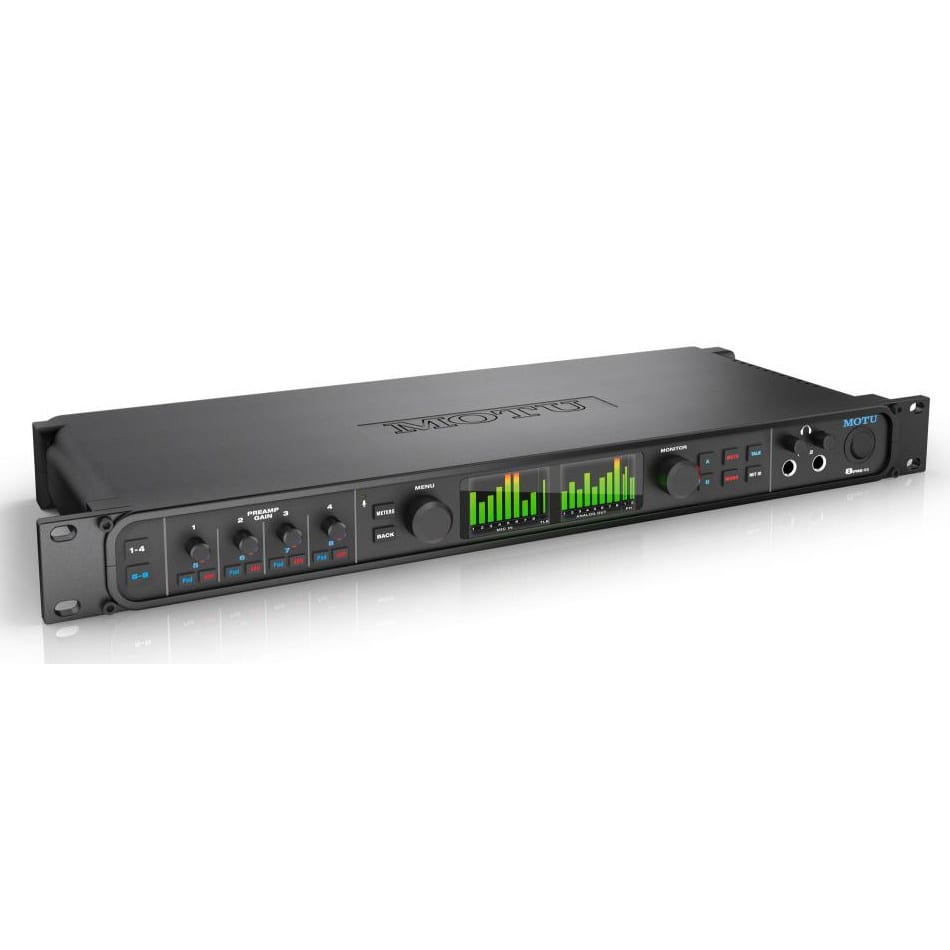
Reviews
There are no reviews yet.